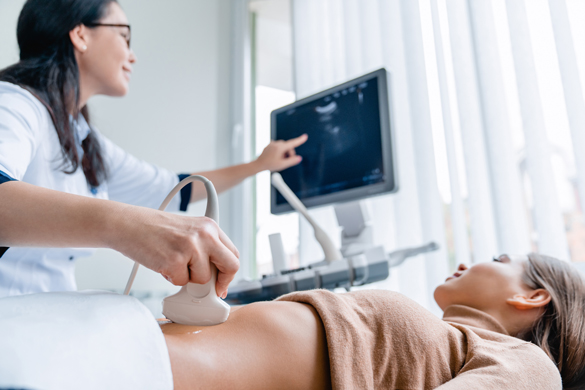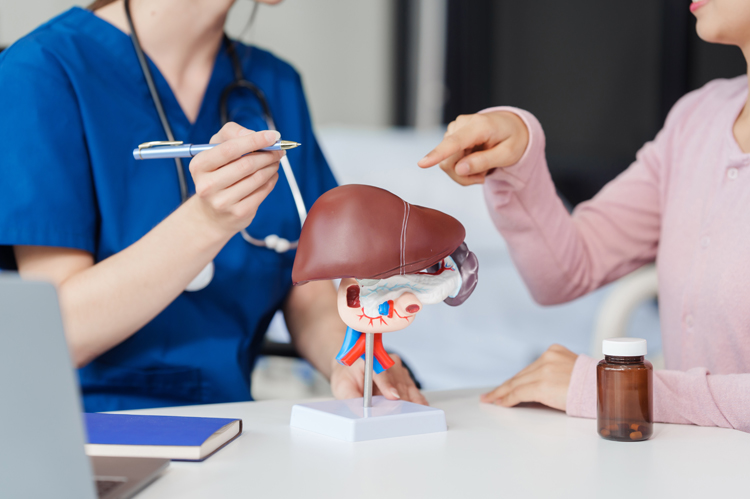Program
Diagnostic Medical Sonography Program
Sonographers use independent, professional, ethical judgment and critical thinking to safely perform diagnostic sonographic procedures. Sonography is a multi-specialty profession encompassing areas such as abdominal sonography, breast sonography, cardiac sonography, obstetrics/gynecology sonography, pediatric sonography, vascular technology, and other emerging clinical areas. Despite the common use of ultrasound technology, the knowledge, technical skills, and competencies required vary by specialty.
Sonographers must demonstrate competence through appropriate education, training, and experience in all diagnostic sonographic examinations, procedures, and associated tasks. They function as delegated agents of the physician and do not practice independently (SDMS).
Certification
Complete all program requirements, and sit for registry examinations. If the program is approved by the ARRT and/or CAAHEP, students will be eligible to sit for the credentialing exams upon completion as outlined in Option 1 and Option 2 below, respectively. If the program is not approved, student must work one year in the field Sonography as a Technologist before being eligible to sit for the credentialing exams.
Option 1: The students must take at least two board exams through the American Registry for Diagnostic Medical Sonography (ARDMS) to become a Registered Diagnostic Medical Sonographer (RDMS):
- Sonography Physics and Instrumentation (SPI) exam (required for all ARDMS registrants)
- A specialty exam (e.g., Abdomen [AB] and/or Obstetrics/Gynecology [OB/GYN])
Option 2: The students must take one (3 part) board exam through the American Registry of Radiologic Technologists (ARRT) to become a Registered Technologist in Sonography (RT-S).


 My Canyons
My Canyons  Canvas
Canvas 
